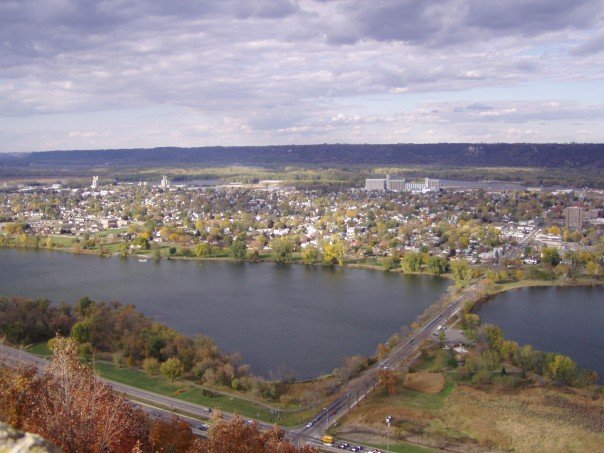La Crescent
Greater Minnesota cities outline top legislative priorities

MINNEAPOLIS (AP) — Communities across Minnesota asked state lawmakers Friday for more support for child care, housing, water infrastructure and aid to local governments this legislative session as smaller municipalities continue to navigate the economic fallout of the pandemic.
The Coalition of Greater Minnesota Cities includes Winona and La Crescent. It represents more than 100 small cities outside of the seven-county Twin Cities metro area. Its top legislative priorities were announced as lawmakers and state officials begin work on creating a two-year budget.
Bradley Peterson, the coalition’s executive director, said preserving the state’s local government aid program— which aims to prevent increases in property taxes by providing funding to maintain city services and infrastructure— is the “absolute single most important thing that the state can do to support our communities this year.”
“In my city, (local government aid) makes up 40% of our general fund, so any cut to the program would be devastating,” said Greg Zylka, the organization’s president and mayor of Little Falls. “If the state were to cut the LGA, the only way to remedy that without cutting services to our police and fire is to tax the heck out of our communities.”
The coalition is also urging the Legislature to invest in child care services and more housing in their cities— both of which they say are in short supply outside of the metro area.
The group is advocating for a $20 million grant to build more child care facilities as well as other grants for more support for existing providers and opportunities to start additional child care businesses. It is also asking for more funding to renovate dilapidated homes and build infrastructure like sewers and streets for future housing developments and wants policy changes to entice developers into building more homes outside of the Twin Cities.
Though the Legislature passed a long-delayed $1.9 billion public works package in October that featured $269 million in clean water infrastructure, the state is $11 billion behind in maintaining aging water infrastructure over the next 20 years. The organization is asking lawmakers to pass an infrastructure bill this session that includes at least $100 million in water infrastructure grants.
While a remote legislative session — and lawmakers’ focus on plugging a projected $1.3 billion budget deficit — hurts the chances of an infrastructure package coming together, Peterson said he’s hopeful the smaller cities’ interests fall in a “sweet spot” where lawmakers can come to an agreement.
Mohamed Ibrahim is a corps member for the Associated Press/Report for America Statehouse News Initiative. Report for America is a nonprofit national service program that places journalists in local newsrooms to report on undercovered issues.

